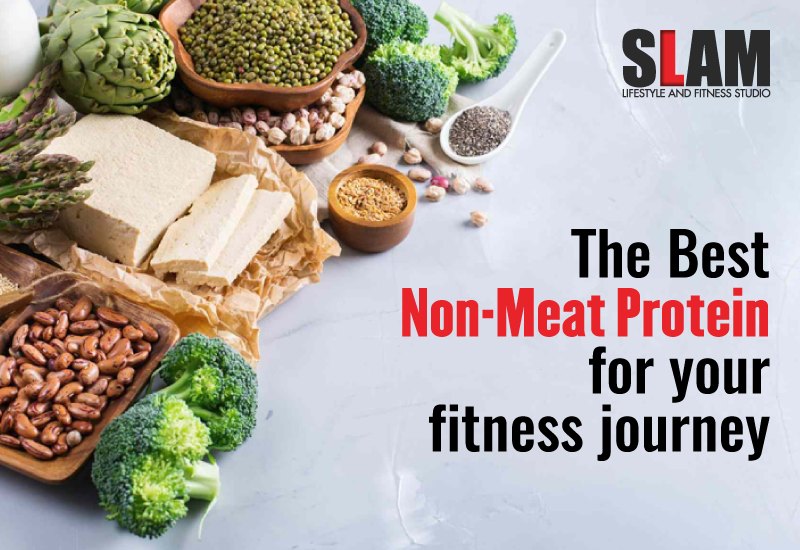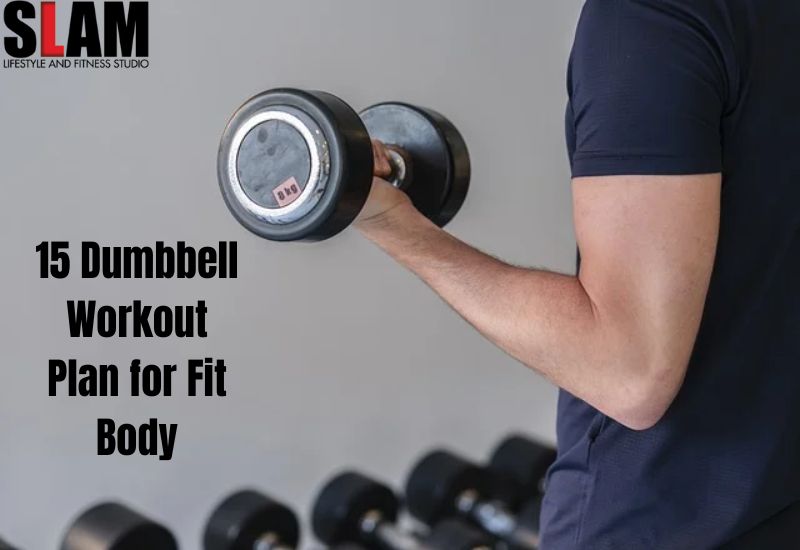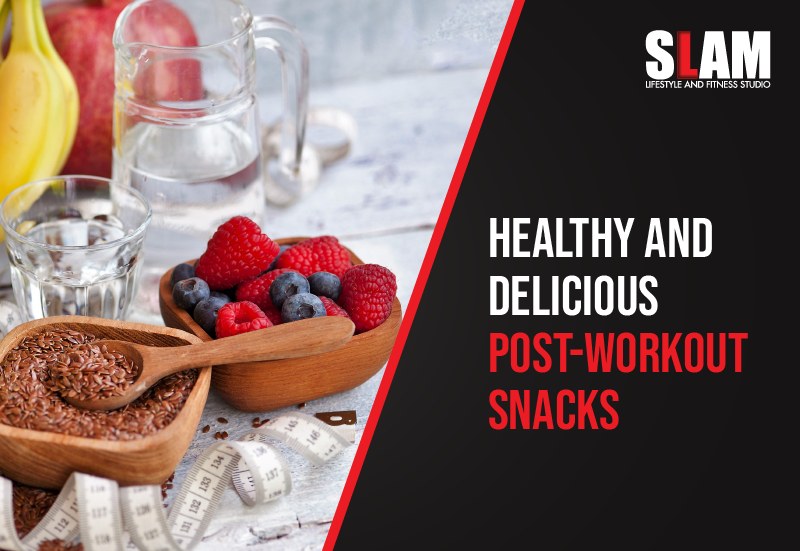What is non-meat protein?
Protein sources not produced from animal meat are referred to as non-meat sources of protein. These sources supply the essential amino acids required for the synthesis and maintenance of bodily tissues, making them crucial for several physiological processes, such as the growth of muscles and general health. In this blog we will discuss about the best non-meat protein.
Plant-based foods, including legumes (beans, lentils), tofu, tempeh, and edamame, are common non-meat sources of protein and provide a variety of vital elements. For people who use dairy in their diets, protein is also provided by dairy and dairy substitutes such as Greek yoghurt, almond milk, and soy-based goods like soy yoghurt.
Nuts like almonds and peanuts, as well as seeds like chia, hemp, and flax, are high in protein and good fats. Whole grains that include fibre and other minerals, such as quinoa, farro, and oats, can help to increase protein intake. Tofu and tempeh are two great plant-based protein options that are based on soy.
Protein derived from non-meat sources can be ingested in whole food form or, for extra convenience, as protein powders and supplements.
These sources are important parts of a balanced diet since they meet different dietary preferences and offer a variety of health benefits, especially for individuals who are trying to gain muscle and improve their fitness.
How can non-meat protein help you in your fitness journey?
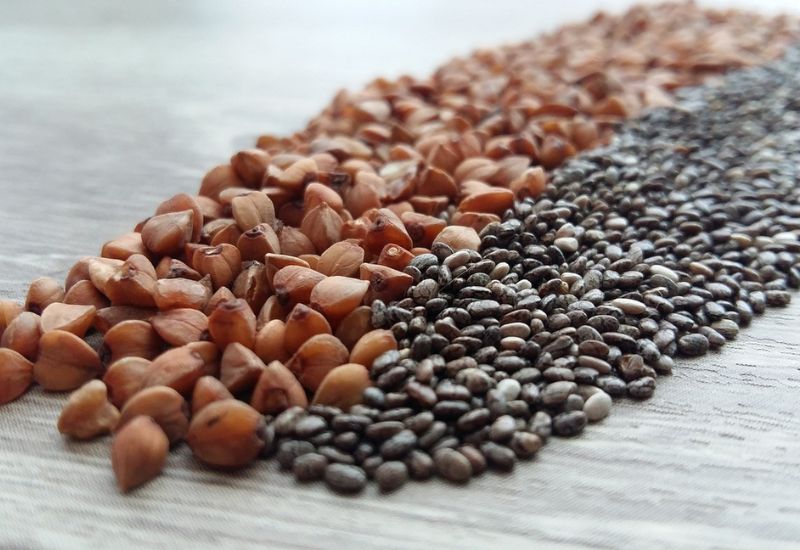
Since non-meat protein provides the building blocks needed for muscle growth and repair, it is essential to one’s fitness quest. These protein sources provide high-quality, frequently low-fat protein that helps preserve and grow muscle mass. They also raise general energy levels, which improves the effectiveness of workouts.
The majority of non-meat protein sources are high in fibre, vitamins, and minerals, which support general health and help with weight management. They are also frequently a more environmentally friendly option because of their smaller environmental impact.
Non-meat proteins can assist you in reaching your fitness objectives by offering vital nutrients and promoting muscle growth, regardless of your dietary preferences—you could be a vegetarian, vegan, or just trying to vary your protein intake.
List of best non-meat protein for your fitness journey
Non-meat protein sources come in a variety of forms to satisfy your protein requirements and can be very helpful for your fitness quest. A breakdown of the list of plant-based protein sources that can assist you in achieving your fitness objectives is provided below:
1. Plant-Based Protein:
- Legumes: Foods like beans, lentils, and chickpeas are excellent sources of plant-based protein. They are also rich in fibre, aiding in satiety and digestion.
- Tofu: Tofu, made from soybeans, is a versatile and complete protein source. It’s low in saturated fat and can be used in various dishes.
- Tempeh: Another soy-based protein, tempeh is fermented and has a nutty flavour. It’s also a good source of probiotics.
- Edamame: Young soybeans and edamame are protein-rich snacks that’re easy to prepare and great for munching on post-workout.
2. Dairy and Dairy Alternatives:

- Greek Yogurt: Greek yoghurt is packed with protein and probiotics, aiding in muscle recovery and gut health.
- Almond Milk: For those with lactose intolerance or who follow a dairy-free diet, almond milk is a popular milk alternative with a lower calorie count.
- Soy-Based Products: Soy yoghurt, soy milk, and soy-based cheeses offer dairy alternatives that are high in protein.
3. Eggs and Egg Substitutes:

Eggs are a complete source of protein and are rich in essential amino acids. They are versatile and can be prepared in various ways.
For vegans or those with egg allergies, egg substitutes like flaxseed or chia seed eggs are viable options to maintain protein intake.
4. Nuts and Seeds:

- Almonds: Almonds are not only protein-rich but also provide healthy fats and fibre.
- Peanuts: Peanuts are a good source of protein and monounsaturated fats, which are heart-healthy.
- Chia Seeds: Chia seeds are a nutritional powerhouse, offering protein, fibre, and omega-3 fatty acids.
- Hemp Seeds: Hemp seeds contain all essential amino acids, making them a complete protein source.
- Flaxseeds: Like chia seeds, flaxseeds are rich in protein, fibre, and omega-3 fatty acids.
5. Whole Grains:
- Quinoa: Quinoa is unique among grains as it’s a complete protein source. It’s also high in fibre and other essential nutrients.
- Farro: Farro is an ancient protein-rich grain that’s gaining popularity for its nutty flavour and versatility.
- Oats: Oats are not just a great source of fibre but also contain protein, making them an ideal option for a pre- or post-workout meal.
6. Soy-Based Proteins:
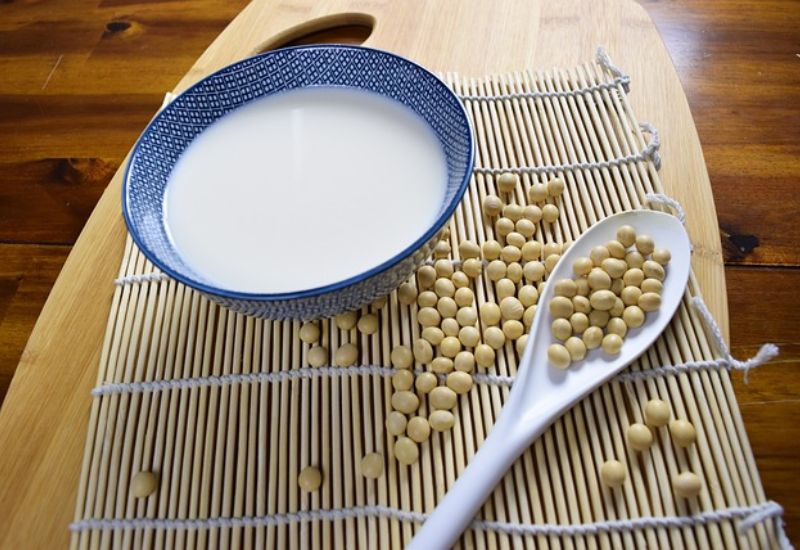
- Tofu: As mentioned earlier, tofu is derived from soybeans and is a fantastic source of protein for vegetarians and vegans.
- Tempeh: Tempeh is another soy-based protein that’s fermented, which can aid digestion and provide probiotics.
- Seitan: Seitan, also known as wheat gluten, is a meat substitute that’s high in protein and low in fat. It has a meaty texture and is versatile in various recipes.
7. Protein Powders and Supplements:
Protein powders, such as whey and casein, and plant-based options, like pea protein or brown rice protein, are popular choices for athletes and fitness enthusiasts. They are convenient for post-workout shakes or adding extra protein to your diet.
You can fulfil your needs for protein for muscle building and recovery without using animal products by incorporating these non-meat protein sources into your diet. These choices also come in a broad range of flavours and nutrients so that you can continue on a fulfilling and well-rounded fitness path.
Bottomline
Protein is essential for fitness, and this site has provided an abundance of plant-based protein sources. The options are numerous and range from nutrient-dense nuts and seeds, eggs, and plant-based powerhouses like beans, tofu, and tempeh to dairy substitutes. You can follow dietary choices or limitations and yet meet your needs for protein.
These plant-based protein sources support general health, post-workout recuperation, and muscular building. You now have the resources and information to improve your fitness journey, regardless of whether you’re a vegetarian, vegan, or just looking for different protein sources. Now is the moment to fuel your gains with these delicious plant-based protein options.
FAQs
- What is the best protein without meat?
Legumes, tofu, tempeh, almonds, and other plant-based choices are among the best plant-based protein sources that don’t involve animals. Whether you eat a vegetarian, vegan, or flexitarian diet, these are great options for building muscle and maintaining general health since they offer a sufficient amount of protein in addition to other nutrients.
- What is a good alternative to meat for protein?
Legumes such as lentils and chickpeas are excellent sources of protein instead of meat. These plant-based alternatives are full of fibre and other vital minerals in addition to being high in protein. They are a great option for protein intake in meatless diets because they are adaptable and can be utilised in a variety of cuisines.
- How to get 100g of protein without meat?
You can get 100g of protein without eating meat by consuming a variety of plant-based foods. A block of firm tofu (36g), two cups of cooked lentils (36g), two cups of quinoa (16g), and one cup of almonds (21g) are a few examples. Try combining a few of these to reach your protein targets.
- How do you get 200 grams of protein a day without meat?
Whenever possible, choose plant-based sources of 200 grams of protein instead of meat. Add items such as beans, quinoa, almonds, seeds, tofu, tempeh, and dairy substitutes. Make thorough meal plans that take into account each person’s unique dietary requirements and tastes, and include foods high in protein to help you reach your daily target.
- Do 2 eggs give enough protein?
With roughly 12 grams of protein, two eggs provide you with a good protein boost. This is a fine place to start, particularly for a meal or snack, but it might not be enough to meet your daily requirements for protein, which might vary based on age, gender, and amount of exercise. You should think about including other foods strong in protein in your diet if you want to meet your protein targets.
- How do vegetarians get 120g of protein a day?
By using a variety of protein sources in their diet, vegetarians can achieve 120g of protein each day. Legumes, tempeh, tofu, dairy products, nuts, seeds, quinoa, and whole grains are a few examples of these. The daily protein goal can be attained with careful meal planning and by eating a range of foods high in protein throughout the day.
